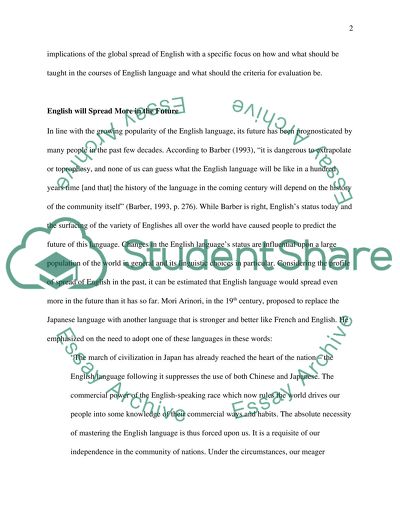Cite this document
(“Global englishes Essay Example | Topics and Well Written Essays - 3500 words”, n.d.)
Retrieved from https://studentshare.org/education/1479423-global-englishes
Retrieved from https://studentshare.org/education/1479423-global-englishes
(Global Englishes Essay Example | Topics and Well Written Essays - 3500 Words)
https://studentshare.org/education/1479423-global-englishes.
https://studentshare.org/education/1479423-global-englishes.
“Global Englishes Essay Example | Topics and Well Written Essays - 3500 Words”, n.d. https://studentshare.org/education/1479423-global-englishes.


